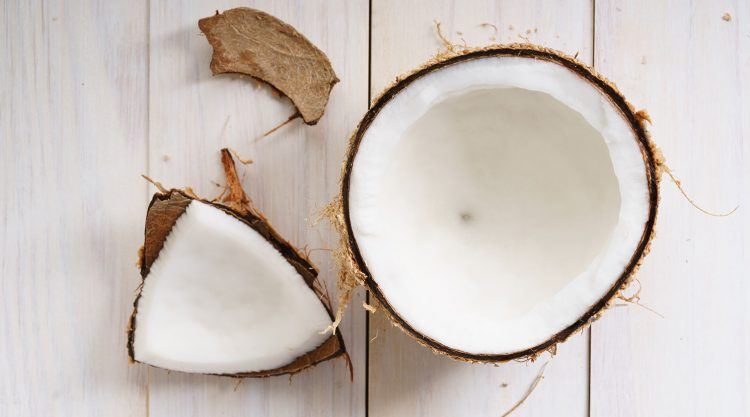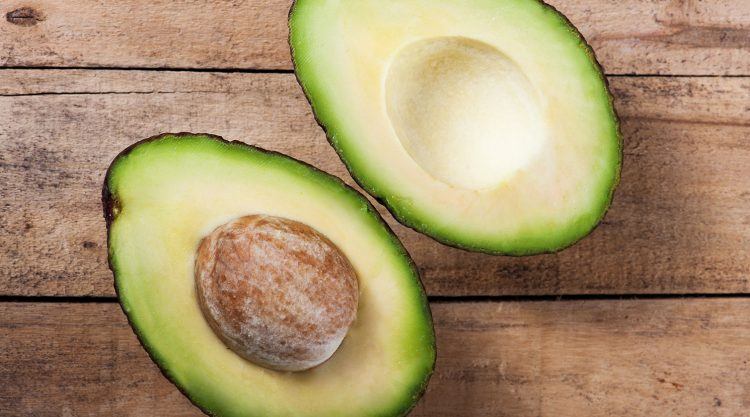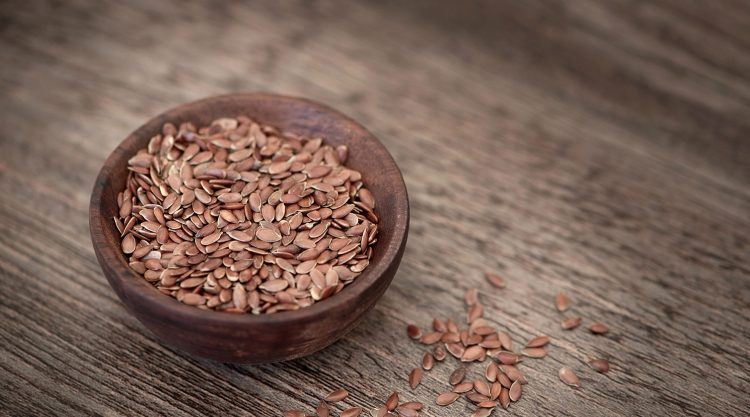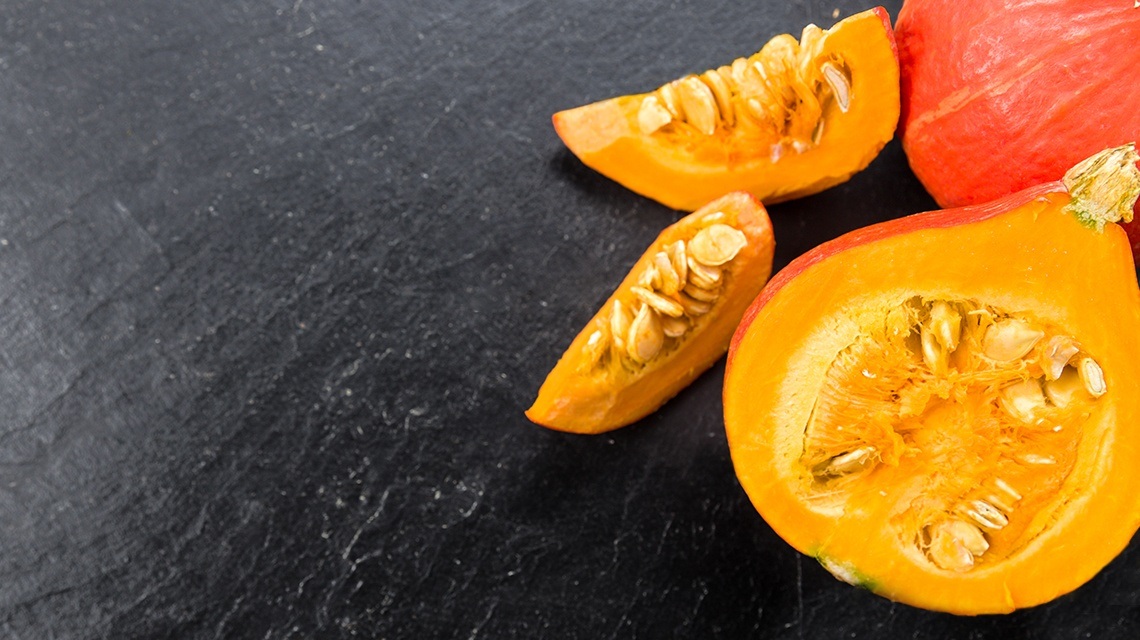
Know
your
oils
Healthy fats for the win
February 19, 2017Healthy fats for the win
February 19, 2017We hear a lot about “good” and “bad” fats, when it comes to picking the right type of oil in the kitchen. So don’t get stuck with the unhealthy, “bad” fats and be smart about your choices!
In regards to fats, “good” mostly refers to monounsaturated fats (MUFAs) which are found in nuts or avocados and certain oils. Those fatty acids can help lower your cholesterol levels and the risk of heart disease. Polyunsaturated fats (omega-6 and omega-3) should also be a crucial part of your diet, while saturated and trans fats can damage our health. Let’s have a closer look at the benefits of four “good” oils that you should be using (more).
Extra Virgin Olive Oil

The Mediterranean diet has been praised for quite a long time now and extra virgin olive oil plays a central role in it. The oil is, quite simply, produced by cold pressing olives. Extra virgin olive oil contains mostly (over 70% percent) monounsaturated fats and its list of health benefits is long and impressive: it is high in antioxidants, can help reduce the risk of cancer and type 2 diabetes, promotes heart health and boosts the metabolism as well as digestion. Olive oil is also resistant to high heat which makes it perfect for cooking. And extra virgin olive oil is still the go-to oil for any sort of salad dressings.
Coconut Oil

It seems as if the popularity of coconut oil has sky-rocketed in Western nations within the last couple of years. First of all, unlike olive oil and other vegetable oils, coconut oil is solid at room temperature. While the chemical structure of coconut oil shows very high levels of often considered “bad” saturated fats (about 90%), it isn’t automatically harmful. It contains mostly medium-chain fatty acids which our body turns into energy. Heat can destroy the healthy benefits of oil, especially of those that contain unsaturated fats. Since coconut oil is full of saturated fats, it is one of the best oils for cooking at high temperatures and gives dishes a distinct taste.
Avocado Oil

Pretty similar to olive oil in its composition, avocado oil mainly contains health-promoting monounsaturated fats (about 74%). It is made from the rich and buttery avocado pulp. As a great source of vitamin E, it helps balance cholesterol and promotes healthy eyesight among other benefits. Avocado oil also contains high levels of chlorophyll – thus the bright green colour – which supports the body’s detoxification process. It is well suited for cooking at high temperatures and can furthermore be used outside of the kitchen as an effective natural skin moisturizer.
Flaxseed Oil

You may be familiar with flaxseeds sprinkled on your granola in the morning or because you had it in a smoothie before. Flaxseed oil mainly contains omega-3 fatty acids (over 50%). It is a natural laxative and also contributes to healthy skin, hair and nails. In contrast to the above-mentioned oils, flaxseed oil is not suitable for cooking at high temperatures. You can easily incorporate it into your diet though: for an omega-3 boost, use it in salad dressings, other non-heated dishes or simply add it to your meal after cooking.
images by
Header: dulezidar/iStock / Olives: LorenzoPatoia/iStock / Coconut: SherSor/iStock / Avocado: NadiaCruzova/iStock / Flaxseed: ninitta/iStock


